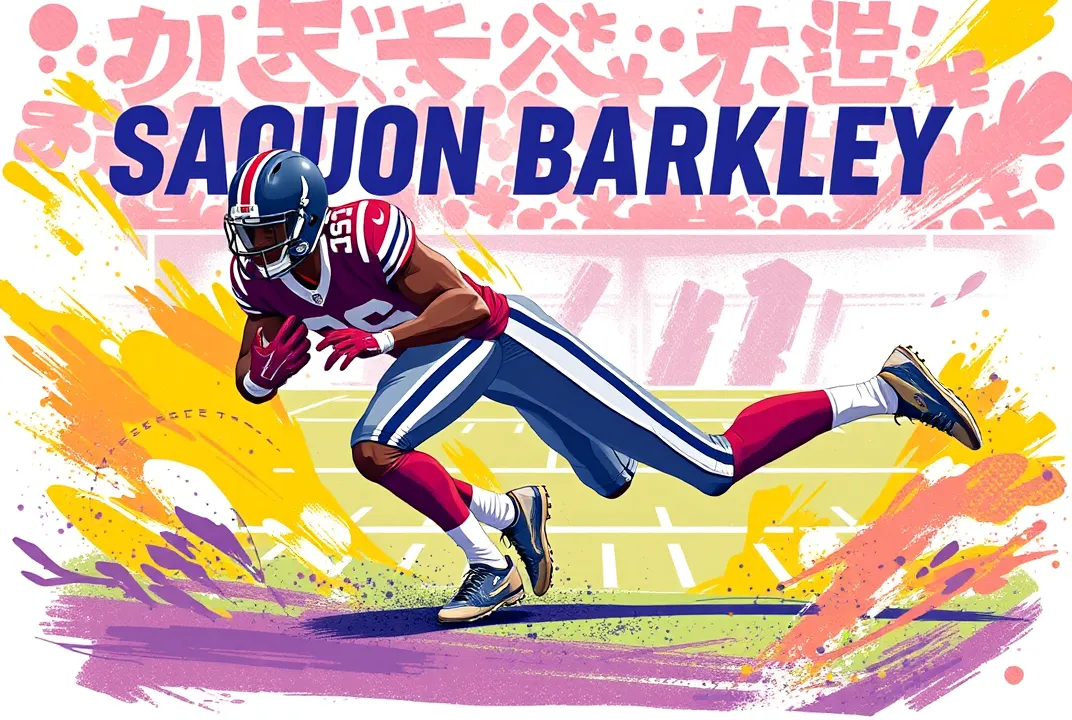The Pittsburgh Steelers: An Unmatched Legacy in professional football
When it comes to professional football, few teams evoke as strong a sense of passion and loyalty as those wearing the black and gold: the Pittsburgh Steelers. With a history that spans more than eight decades, this iconic franchise has built a reputation not just for their exceptional performance on the field, but also for their deep-rooted culture and dedicated fan base. From historic victories to unforgettable players, the allure of this team is woven into the fabric of their hometown and has influenced generations of fans.
Origins and Evolution
Founded in 1933 by Art Rooney, the Steelers started as a struggling franchise, enduring years of ups and downs throughout their early history. Originally known as the Pittsburgh Pirates, the team faced significant challenges, including a lack of financial stability and stiff competition from rival teams. However, resilience would become a defining characteristic of the franchise.
In 1940, the team’s fortunes began to change when Rooney brought on new management and invested in scouting talent. Following World War II, the Steelers started to attract a group of talented players that would lay the groundwork for future greatness. The success of the late 1960s culminated in a name change to the Steelers, reflecting a new era of identity and pride.
The Steel Curtain Era
The 1970s remain a defining decade for the Steelers, marked by their unprecedented success in the NFL. Under the guidance of legendary head coach Chuck Noll, the team cemented its reputation as one of the greatest dynasties in sports history. The 1974 NFL Draft becomes a pivotal moment, as the Steelers selected future Hall of Famers Terry Bradshaw, Franco Harris, Lynn Swann, and John Stallworth—all of whom contributed significantly to the team's success.
The "Steel Curtain" defense, led by players like Joe Greene, Jack Lambert, and Mel Blount, became a formidable force that would go down in NFL lore. Their ability to deliver crushing hits while maintaining strategic prowess made them nearly unstoppable. The Steelers clinched four Super Bowl titles in a six-year span (1974, 1975, 1978, and 1979), solidifying their legacy and creating a blueprint for excellence that still resonates with the team today.
The Modern Era: Continuity and Success
While the team faced ups and downs in the 1980s and 1990s, they managed to retain a core identity rooted in toughness and determination. This commitment to excellence was illustrated through a series of strong drafts and their signature “next man up” philosophy, where injury-riddled rosters still managed to compete valiantly.
The early 2000s ushered in a new era under head coach Bill Cowher, leading the Steelers to another Super Bowl win in 2005. The hiring of Mike Tomlin in 2007 further ensured continuity, as he carried on the Schumacher way of grit and unity, winning Super Bowl XLIII in his second year. Tomlin's coaching style, characterized by leadership and adaptability, has resonated with both players and fans alike.
Legendary Players and Hall of Famers
The team’s legacy is bolstered by a roster of legendary players who have donned the Steelers uniform over the years. Hall of Fame quarterback Terry Bradshaw is widely considered one of the best signal-callers in NFL history, while Franco Harris remains a beloved figure, particularly symbolic for his "Immaculate Reception." Other notable names include wide receivers Lynn Swann and John Stallworth, defensive titans like Jack Lambert and Rod Woodson, and recent stars like Troy Polamalu and Ben Roethlisberger.
Each player has contributed to the fabric of the franchise, etching their names into the annals of football history. Their shared commitment to excellence and fierce competitive spirit continues to inspire current and future generations of players.
The Home Field Advantage
Heinz Field, the home stadium of the Steelers, is a testament to the city's pride and passion for its football team. Nestled along the Allegheny River, the venue is renowned for its electric atmosphere during game days. The infamous "Terrible Towel," a gold towel waved by fans, creates an infectious energy that intimidates opponents and fosters camaraderie among supporters.
Game days in Pittsburgh are more than just sporting events; they are cultural phenomena that unify the community. Fans travel from far and wide to support their team, embodying the spirit of hard work and community that the franchise stands for.
The Strong Connection with Fans
The loyalty of the Steelers' fan base, often referred to as "Steeler Nation," is legendary. Steeler Nation encompasses not only Pittsburgh residents but also a global audience who proudly wear black and gold. This unwavering support stems from a long-standing connection between the team and its community, fostering a culture of loyalty and belonging.
Social media has played an essential role in amplifying this connection, allowing fans to share their passion and support, regardless of geographical barriers. The sense of pride associated with being part of Steeler Nation continues to grow, bridging generations and creating cherished traditions.
The Steelers' Impact Beyond the Game
While success on the field is paramount, the Steelers’ impact extends beyond the gridiron. The franchise has been involved in various charitable initiatives, contributing significantly to community development and local causes. The Rooney family's commitment to social responsibility embodies the team’s ethos, reinforcing the connection that Pittsburgh residents feel with their beloved franchise.
This engagement in the community enhances the team’s reputation as more than just a sports organization; it is a central part of the city’s identity. Fan events, charitable works, and collaborations with local businesses reflect a commitment to giving back to the community that has supported them through thick and thin.
Looking to the Future
As the Steelers continue to build on their illustrious legacy, the question remains: What does the future hold? With a mix of seasoned veterans and emerging talents, the team is poised to remain competitive in the NFL landscape. The franchise’s ongoing commitment to drafting, developing talent, and maintaining their core values will undoubtedly ensure they remain a formidable force in the league.
The Pittsburgh Steelers’ legacy of grit, glory, and game-day passion is not just a story of wins and losses; it is a narrative woven into the culture of a city and its people. As they look toward the next chapter, the passion that fans have for the black and gold will continue to resonate, inspiring present and future teams to uphold the tenets of excellence, toughness, and community connection.
In conclusion, the Pittsburgh Steelers stand tall as a symbol of resilience and unity, embodying the spirit of a city and a sport. As they navigate the challenges and triumphs that lie ahead, one thing remains clear: the legacy of this franchise is far from over.
FAQs
1. How many Super Bowl titles have the Pittsburgh Steelers won? The Steelers have won a total of six Super Bowl titles


 Drew Lock: The Rising Star in the NFL's Quarterback Battle
Drew Lock: The Rising Star in the NFL's Quarterback Battle
 Georgia Football: Dominating the Field and Fans' Hearts
Georgia Football: Dominating the Field and Fans' Hearts
 Miami Football: Unraveling the Heartbeat of a Winning Legacy
Miami Football: Unraveling the Heartbeat of a Winning Legacy
 Browns vs Steelers: A Historic Rivalry Ignited Once More!
Browns vs Steelers: A Historic Rivalry Ignited Once More!
 Saquon Barkley: Revolutionizing the Running Back Role in Today's NFL
Saquon Barkley: Revolutionizing the Running Back Role in Today's NFL